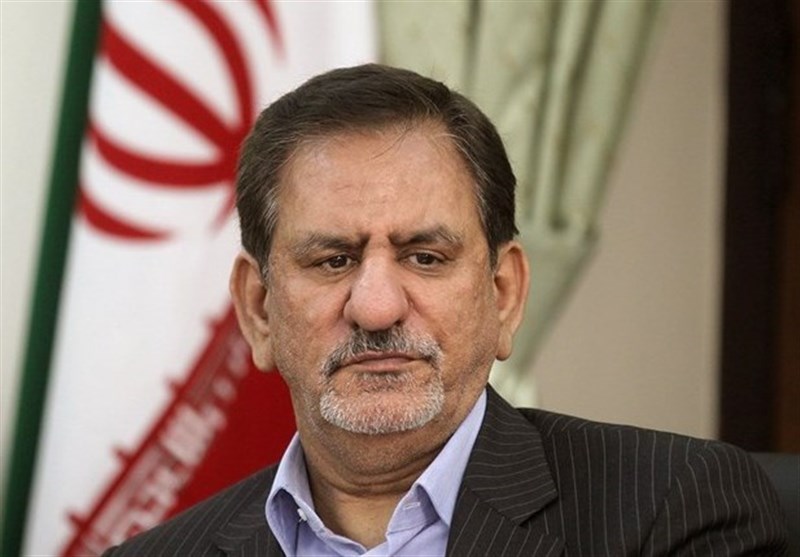Jahangiri said on Thursday three million poor households have been identified in the country, noting that aid packages are being distributed among these families.
He stressed some other facilities have been introduced in the area of tax exemption and bounced checks to counteract the adverse economic impacts of coronavirus outbreak.
He made the comments in a meeting to counter coronavirus in Tehran on Thursday.
Jahangiri further reiterated that people should not be afraid of the disease, but at the same time, people must be informed about the consequences of non-compliance with sanitary instructions.
The first vice president also appreciated the efforts of all the officials and medical staff of the country who are at the forefront of the fight against the coronavirus.
Referring to the cancellation of Friday Prayers and closure of Holy Religious Sites in Iran he stated Iran was among the first countries to close schools and universities across the country despite the high number of pupils and students.
“All efforts have been made to limit the traffic and presence of people in the community to prevent the virus from spreading, but we must compensate for students’ education through appropriate strategies.”
He said according to law enforcement reports, traffic has fallen by 40%, which means a lot of people have heeded the warnings, and hopefully others will take those instructions seriously.
Elsewhere in his remarks, the first vice president reminded that the virus will have an impact on various sectors, including the economy of countries.
He said many small businesses in the country have been suspended because of the outbreak.
“The government has made decisions to compensate for the decline in their incomes. The individuals who have no income are identified and will be assisted.”
Referring to the US pressures and efforts made by Iran to supply and import basic commodities and medicines, he said although the last year was a difficult year in terms of foreign exchange resources, $14.8 billion at the cost of 4200 tomans was allocated and spent on the provision of medicines and basic needs.
“The government’s planning and forecasts for the supply of essential commodities and the stockpiling of people’s needs made today’s multiplied purchases easy. Although chain stores sold in a single day several times more than normal, the store shelves are not empty and there is no shortage of essentials.”
Jahangiri also emphasised the need for equipping and preparing better rest centres in Tehran province saying necessary measure must be considered the worst case scenario so that there shouldn’t be any concern about lack of hospital beds.
